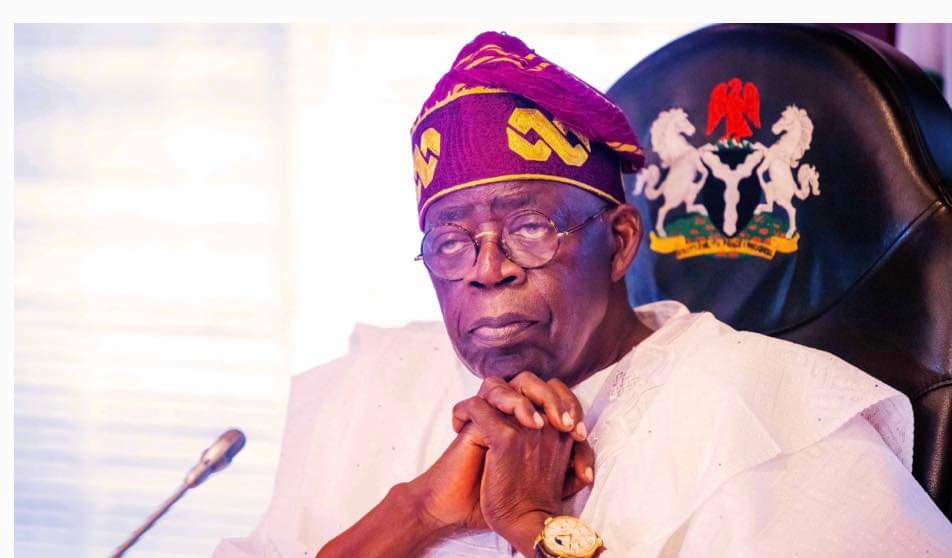Nigeria’s fuel prices cheapest in West Africa; NLC’s strike threat premature: Tinubu

As Nigerians grapple with the ripple effects of petrol subsidy removal, President Bola Tinubu says the current fuel prices across Africa showed that Nigeria still sold fuel at the lowest price.
“We are presently the cheapest, most affordable purchasing state in the West African sub-region by some distance. There is no country that is below N700 per litre,” presidential spokesman Ajuri Ngelale said, quoting the president on Tuesday.
“Senegal at the pump price today of N1,273 equivalent per litre, Guinea at N1,075 equivalent per litre, Côte d’ Ivore at N1,048 equivalent per litre in their currency, Mali at N1,113 per litre, Central African Republic at N1,414 per litre, Nigeria is presently averaging between N568 and N630 per litre,” he stated.
The president stated the subsidy removal resulted in a decrease in the consumption rate.
“At the inception of our deregulation policy as of June 1, as Mr President took office, we have seen PMS consumption in the country drop immediately from 67 million litres per day down to 46 million litres per day consumption. The impact is evident,” he said.
The president added that the variables considered before subsidy removal have changed significantly, and suppliers no longer get the forex as expected from the window.
He assured that measures to address the inefficiencies in the downstream and midstream oil sectors will be taken to stabilise the country’s supply and demand of petrol.
Mr Tinubu said there was no need for actions detrimental to the economy now, urging all groups to do some fact-finding and diligence on the current state of the petroleum industry.
“The president wishes first to state that it is incumbent upon all stakeholders in the country to hold their peace. We have heard very recently from the organised labour movement in the country with respect to their most recent threat.
“We believe that the threat was premature and that there is a need on all sides to ensure that fact-finding and diligence are done on what the current state of the downstream and midstream petroleum industries is before any threats or conclusions are arrived at or issued,” he said.
— People Gazette





